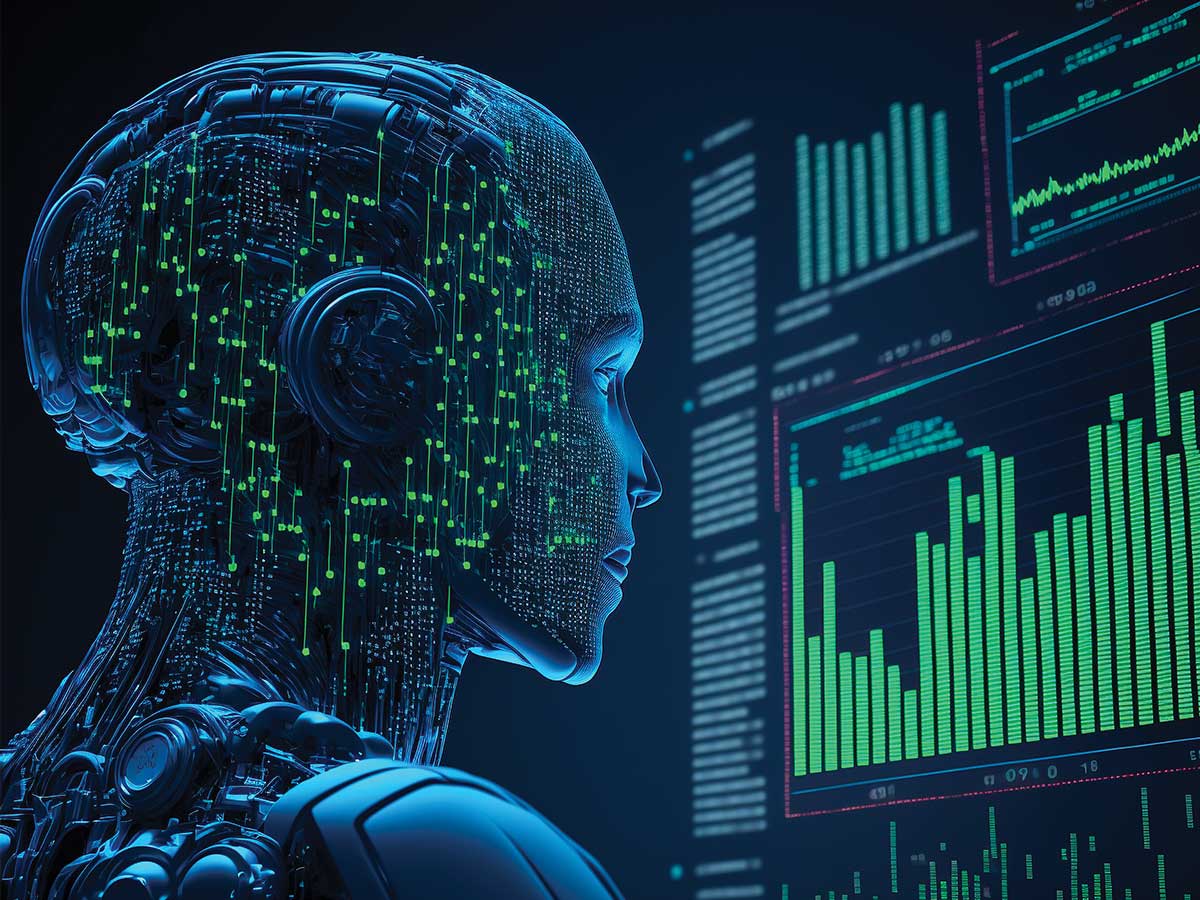
AI lends a hand in CPA education
In the fall of 2023, I attended the AI and Learning Symposium in Las Vegas, a prelude to DevLearn, one of the biggest educational conferences in North America. The conference, attended by public, private and not-for-profit education leaders, reinforced the fact that we’re in a global technological transformation with AI as the emerging trendsetter in education.
It reminded me of a time 15 years ago, when I started designing and delivering eLearning. During that period, participants experienced several challenges like disparities in internet speeds or varying degrees of technology proficiency. On the educator’s side, we were still in the process of mastering the skill of creating high-quality eLearning. Years later, when the pandemic struck, the world had no option but to fully pivot to eLearning. AI is now orchestrating a similar paradigm shift in education. As educators, we can improve the CPA learning experience by utilizing AI and being cost-efficient by focusing our time on tasks that matter the most.
Personalized Learning Paths
Picture this: AI delves into the unique learner data, crafting personalized learning journeys. These paths sync the learning content with the learner’s present skills and ensures that the learning content aligns with each learner’s current knowledge, skills, and aspirations, helping them fill gaps and build expertise. This isn’t that far off since we are bombarded with personalized content on Amazon, Netflix, or LinkedIn all the time. At present, AI can help by curating learning resources and recommending the most relevant materials to learners. For example, the learner can answer a few questions and receive the content that is tailored to their preferences like receiving content on ESG and sustainability.
Adaptive Learning
Adaptive learning platforms powered by AI continuously assess the progress of learners and adjust the content and difficulty of eLearning modules to match their learning pace. This can supercharge learner retention and engagement. Think of an online scenario in an eLearning program, your pace sets the tempo as you progress and the content is adapted to your knowledge. On a large scale, this can be applied to an entire education program. For example, the three-year In-Depth Tax Program (IDTP) is one of CPA Canada’s flagship programs. Now imagine that the content automatically adjusts in real-time depending on the learner’s responses, click pattern or tempo. This allows the system to provide more relevant content to the learner at a level that is appropriately challenging.
Efficient Content Creation
Remember those hours staring at a blank page, unsure where to start? AI steps in as the ultimate collaborator for content teams, aiding in the ideation process, bridging gaps in outlines, crafting learning objectives, or even drafting captivating video scripts. AI can take on the role in the initial phases so that Subject-Matter Experts can step in and thoroughly vet and fine-tune the content. The era is approaching when AI will be integrated, in some capacity, within the content creation process of educational institutions, including content for accountants.
Data-Driven Insights
AI is already being used for data-driven insights in the accounting field to enhance their ability to analyze financial data, detect inconsistencies and make more informed decisions. In education, AI can provide data analytics on the effectiveness of eLearning programs. It can identify areas where learners may be struggling and where they excel, enabling organizations to refine their learning strategies for tomorrow.
Chatbots and Virtual Coaches:
These AI-driven chatbots and virtual mentors stand by 24/7. They answer questions, offer explanations, feedback and can escort learners through eLearning more effectively with personal support. Chatbots can be updated with new tax laws or audit standards to ensure it provides up-to-date information to learners. Currently these tools are available by text, but the time is coming when they will be video avatars guiding learners through the course.
Skill Assessment and Certification
AI's role in assessments goes beyond automated grading; it can transform assessments into dynamic tools for personalized learning, evaluation and data-driven decision-making, that improve learner and professional outcomes. Adaptive assessments could also be used prior to starting a program and during to adjust the difficulty level of questions on quizzes.
Accessibility and Inclusivity
AI-driven tools can enhance accessibility for learners with disabilities or other barriers by providing features like speech-to-text, text-to-speech, captions, and translations. A note of caution, be mindful that bias can creep into AI, reflecting human biases present in the content it has analyzed. With time and learning, AI may be able to mitigate and navigate around human bias.
AI is not merely knocking on our doors, it has boldly arrived. The list above is not all-encompassing, but with each new day AI is being trained to be better than yesterday, with new tools released all the time. To keep up with the needs of today’s learners, institutions need to adaptkeep up or they will be left behind. We have a remarkable opportunity here and should not be afraid to be early adopters and try new things and learn from our experiences. Only through our collective efforts and spirit of exploration will we be able to unlock the full potential of AI. It’s up to organizations to set proper governance structures, to rewrite rule books with AI in mind and for users to use their ethics to distinguish what is right from wrong.
Photo Credit: Getty Images